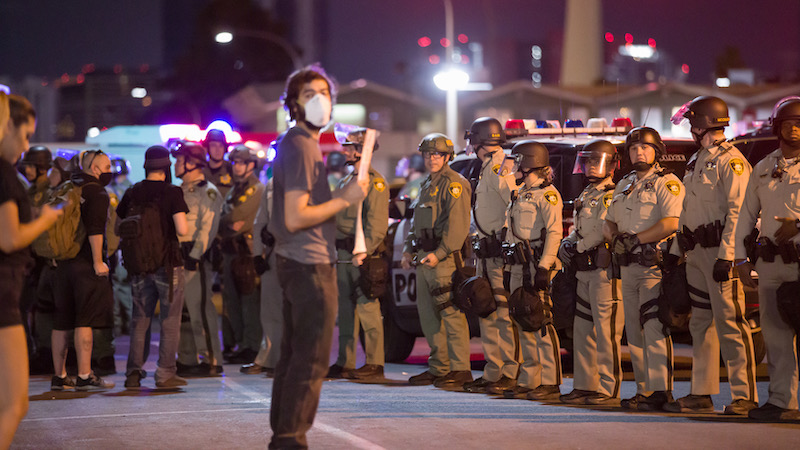Last weekend, I visited the John Jay Institute where I studied last fall. Somewhat providentially, during a session of Morning Prayer we discovered that the day’s scripture passage was Jeremiah 29: 4-14, which as many of you know reads:
This is what the Lord Almighty, the God of Israel, says to all those I carried into exile from Jerusalem to Babylon: “Build houses and settle down; plant gardens and eat what they produce. Marry and have sons and daughters; find wives for your sons and give your daughters in marriage, so that they too may have sons and daughters. Increase in number there; do not decrease. Also, seek the peace and prosperity of the city to which I have carried you into exile. Pray to the Lord for it, because if it prospers, you too will prosper.”[…]
“When seventy years are completed for Babylon, I will come to you and fulfill my good promise to bring you back to this place. For I know the plans I have for you,” declares the Lord, “plans to prosper you and not to harm you, plans to give you hope and a future. Then you will call on me and come and pray to me, and I will listen to you. You will seek me and find me when you seek me with all your heart. I will be found by you,” declares the Lord, “and will bring you back from captivity. I will gather you from all the nations and places where I have banished you,” declares the Lord, “and will bring you back to the place from which I carried you into exile.”
Though commonly discussed, this passage is worth revisiting for the encouragement that it provides people working in a wide breadth of vocations.
Since its conception, the Church has suffered occasional tendencies toward isolationism and Gnosticism—a heretical belief that the spirit is divine and the flesh is completely evil, so we should have nothing to do with the physical world.
In the present day, this has manifested itself in a few ways. Some Christians view evangelism as the only worthwhile vocation. If the physical world is evil and irredeemable, why should we do anything other than save souls? Likewise, others have given up on politics, becoming depressed, disillusioned and ultimately indifferent about the state of worldly affairs. If we are followers of Christ, we have a future in Heaven. Why care about the mess of the present world?
Yet, Jeremiah 29 offers a different way forward: Creation is fundamentally good. Life is good. Relationship is good. Work is good. We are called to invest deeply in each of these things, not distance ourselves like spiritualistic hermits. And we are also taught to care and pray for the city or nation that we live in. Whether that place is Washington, Las Vegas or Paris, no place is too far gone for Christians to engage with it and seek its welfare. Disengagement with the world around us is a sign of disingenuous faith.
This should come as affirmation to those who are gladly and purposefully engaging with the places they call home. Living, working (whatever your job may be), relating with others and advocating for the well-being of our cities are all things that God calls us to do.
[pullquote] God has a beautiful plan for each of our lives; for them to be precious enterprises for the flourishing of others.[/pullquote]
At times, however, these tasks can be incredibly depressing. It is painful to tirelessly seek someone or someplace’s well-being, only to witness its ongoing brokenness. And in many ways, that is how I find myself in America today. Culture is changing; we are certainly no longer a “Christian nation.”
Here again, though, Jeremiah 29 brings us reassurance.
This side of heaven, there will always be sin in our world. America is not the Promised Land, and while ours may not yet match the depravity of Babylon, we must realize that we are in exile. This should not stop us from seeking earthly redemption, but it should temper our expectations for today, despite bright hope for tomorrow.
St. Augustine is known for his delineation of two cities: the City of Man and the City of God. Jeremiah 29 tells the same story. We must not forget that we are fundamentally citizens of the City of God. But by God’s grace and power, we must also seek to transform the broken City of Man that we currently find ourselves in.
Take heart, even though earthly failure often seems inevitable. If we seek Him, God has a beautiful plan for each of our lives; for them to be precious enterprises for the flourishing of others in the “now, but not yet.”


